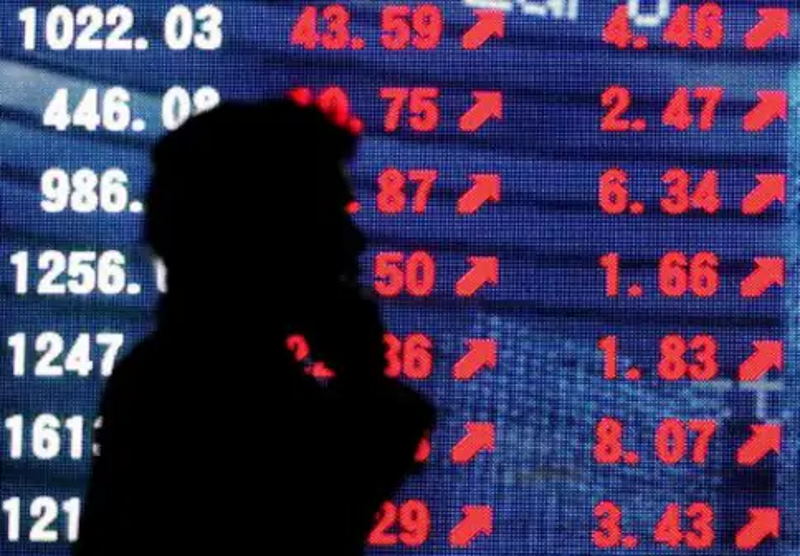Hong Kong’s Hang Seng index rises 2% after resuming trade; Asia markets are higher ahead of Jackson Hole

Markets in the Asia-Pacific traded mostly higher ahead of the Jackson Hole symposium in the United States, while Hong Kong’s session resumed in the afternoon after trading was halted due to a typhoon warning.
The Hang Seng index was up 2.46%. In mainland China, the Shanghai Composite was up 0.68% while the Shenzhen Component edged lower by 0.169%.
Japan’s Nikkei 225 ended the session 0.58% higher at 28,479.01, while the Topix was up 0.48% at 1,976.6. Australia’s S&P/ASX was also up by 0.71% at 7,048.1.
In South Korea, the Kospi rose 1.22% and the Kosdaq was up 1.79% as the Bank of Korea raised its benchmark interest rate by 25 basis points.
U.S. stock futures were slightly up after all three major averages ended higher during the daily trading session, as investors await more clarity on the Federal Reserve’s fight against inflation.
Dow Jones Industrial Average futures gained 75 points, or 0.22%. S&P 500 and Nasdaq 100 futures climbed 0.36% and 0.35%, respectively.
In currencies, the U.S. dollar rose as high as 109.11 overnight before falling back to around 108.6.
“Expectations of a hawkish message from FOMC Chair Powell at Jackson Hole will likely keep upward pressure on the USD in the run‑up to his speech on Friday,” Commonwealth Bank of Australia’s Senior Economist and Currency Strategist Kristina Clifton said in a report.
Hong Kong is slated to report July’s trade data later in the afternoon.
Fitch Ratings said China’s land sales have yet to recover sustainably, according to a new report.
The ratings agency said many developers still prioritize liquidity preservation over land replenishment amid weak sales and impaired funding access.
“Many cities with weak land-market sentiment have urged local government financing vehicles to purchase land, often at zero premiums, to contain auction failure rates and narrow the shortfall in fiscal revenue,” the report said, adding that these practices may not be sustainable because those companies have limited property development capacity.










